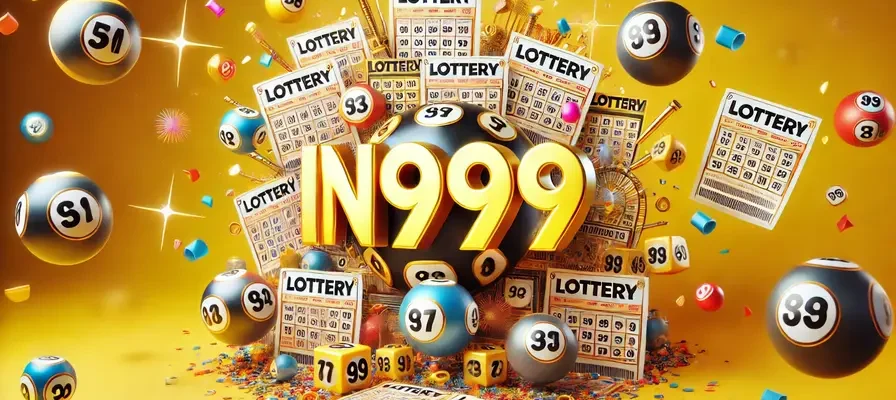The Allure of the Lottery: A Dive into the World of Chance and Fortune
The lottery, a game of chance that has captivated millions for in999 login centuries, is more than just a ticket to potential riches. It’s a cultural phenomenon, a psychological journey, and a social ritual. From ancient times to modern-day, lotteries have woven themselves into the fabric of societies worldwide, each offering a glimpse into the human fascination with luck and possibility.
The Origins of the Lottery
The concept of lotteries dates back to ancient civilizations. The Chinese Han Dynasty (205-187 BC) used a form of lottery called “Keno” to fund major government projects, including the Great Wall of China. Similarly, in ancient Rome, lotteries were used as a form of entertainment at banquets and as a way to distribute prizes among guests.
The modern lottery, however, began to take shape in the 15th century in Europe. Initially, lotteries were used to raise funds for various public projects and charities. For instance, in 16th century France, King Francis I established a national lottery to finance state projects, which helped shape the lottery system we recognize today.
The Psychology Behind the Lottery
What drives people to spend money on lottery tickets? The answer lies in a blend of psychology and sociology. At its core, the lottery appeals to our innate desire for instant gratification and dreams of a better life. The allure of winning big on a small investment creates a potent mix of hope and excitement.
Psychologists often cite the “lottery effect,” where people overestimate their chances of winning. Despite the odds being heavily stacked against them, many individuals believe they are the exception, a belief reinforced by occasional high-profile winners. This phenomenon is tied to cognitive biases such as the “gambler’s fallacy,” where individuals erroneously believe that a particular outcome is “due” after a series of losses.
The Economics of the Lottery
Lotteries are more than just a game; they are a significant economic force. Governments and organizations use lotteries to fund public projects, from education to infrastructure. In many countries, the lottery provides a substantial portion of funding for charitable causes and public services.
The economic impact of lotteries extends beyond the funds they raise. They also influence consumer behavior and market trends. For instance, in the lead-up to a major lottery draw, spending on tickets often increases dramatically, creating a temporary boost in retail sales and economic activity.
Social and Cultural Impact
The social implications of lotteries are profound. In many cultures, playing the lottery is a communal activity, with families and friends pooling resources to increase their chances of winning. This collective approach often strengthens social bonds and fosters a sense of shared hope.
Moreover, lotteries have been instrumental in funding various social programs and community projects. The revenue generated is frequently earmarked for public health initiatives, educational scholarships, and other community benefits, making the lottery a vehicle for social good, despite its often controversial nature.
The Dark Side of the Lottery
While the lottery can offer hope and financial benefits, it also has a darker side. The low probability of winning can lead to addiction and financial strain for some individuals. The allure of potential wealth can become a source of stress and disappointment, particularly for those who spend beyond their means.
Furthermore, the regressive nature of lotteries is a concern. Studies have shown that lower-income individuals are more likely to spend a larger proportion of their income on lottery tickets, often leading to a disproportionate impact on disadvantaged communities.
Conclusion
The lottery is a multifaceted institution that intertwines chance with human psychology, economics, and social dynamics. It offers a tantalizing glimpse into the possibilities of life-changing wealth while also reflecting the complexities of human behavior and societal values. Whether viewed as a harmless form of entertainment or a serious economic tool, the lottery remains a captivating aspect of modern culture, continuing to draw in millions with its promise of fortune and dreams.

